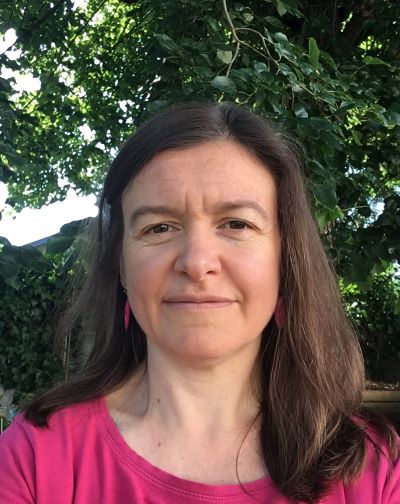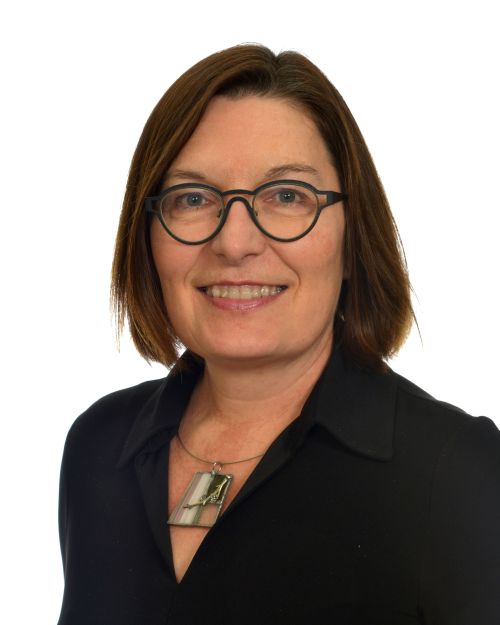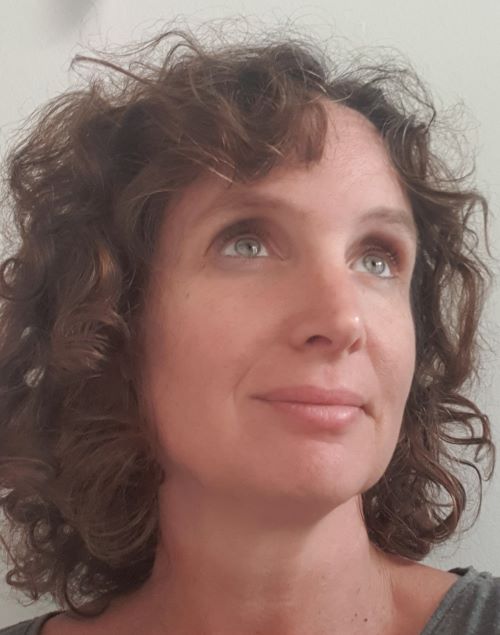Summary :
Growing awareness of ecological problems, the related social issues and the consequences for health are leading many people to want to change their lifestyles to make them more sustainable and health-promoting. The ODISSÉE programme (Occupations Durables à Inventer pour une Seule SantÉ par l’Ergothérapie / Inventing Sustainable Occupations for a Single Health through Oc-cupational Therapy) was designed to involve and support people in this type of occupational transition.
Genesis and theoretical foundations: The programme, designed in a participatory and tactical way, is inspired by systems tested in initial occupational therapy training in North America and France, as well as the TaPasS and Lifestyle Redesign® programmes. Sustainable, health-promoting occupations are conceptualised on the basis of a transactional understanding of occupation, an intergenerational occupational justice, sustainability and the One Health approach.
Description: Co-constructed with the participants, the programme consists of a series of modules enabling them to analyse and experiment a range of occupations over a sufficiently long period to encourage change.
Perspectives: Special attention will be paid to the recruitment of participants, the constitution of the experimental team and the evaluation procedures.
Vigilance point: From an ethical point of view, the programme will be run in such a way as to take account of ecological, economic and social issues simultaneously.
Conclusion: ODISSÉE is an innovative programme, promoting sus-tainability and health at the same time, based on occupational therapy, provided to individuals and organisations and complementing existing services.
Cet article est payant !
Je suis abonné, je m’identifie ci-dessous.
Je ne suis pas abonné, j’achète ici
Article rédigé par :
-

Sarah Thiébaut
Ergothérapeute, DEA
Formatrice à l’Institut de formation
en ergothérapie de l’ADERE
Co-coordinatrice du R2DE
sarah.thiebaut@adere-paris.fr
-

Marie-Josée Drolet
Ergothérapeute, PhD
Professeure titulaire au département d’ergothérapie de l’Université du Québec
à Trois-Rivières (UQTR)
Co-coordinatrice de la C4E
marie-josee.drolet@uqtr.ca
-

Fanny Soum-Pouyalet
Ergothérapeute, PhD
Directrice technique de l’ANFE
directeur.technique@anfe.fr

